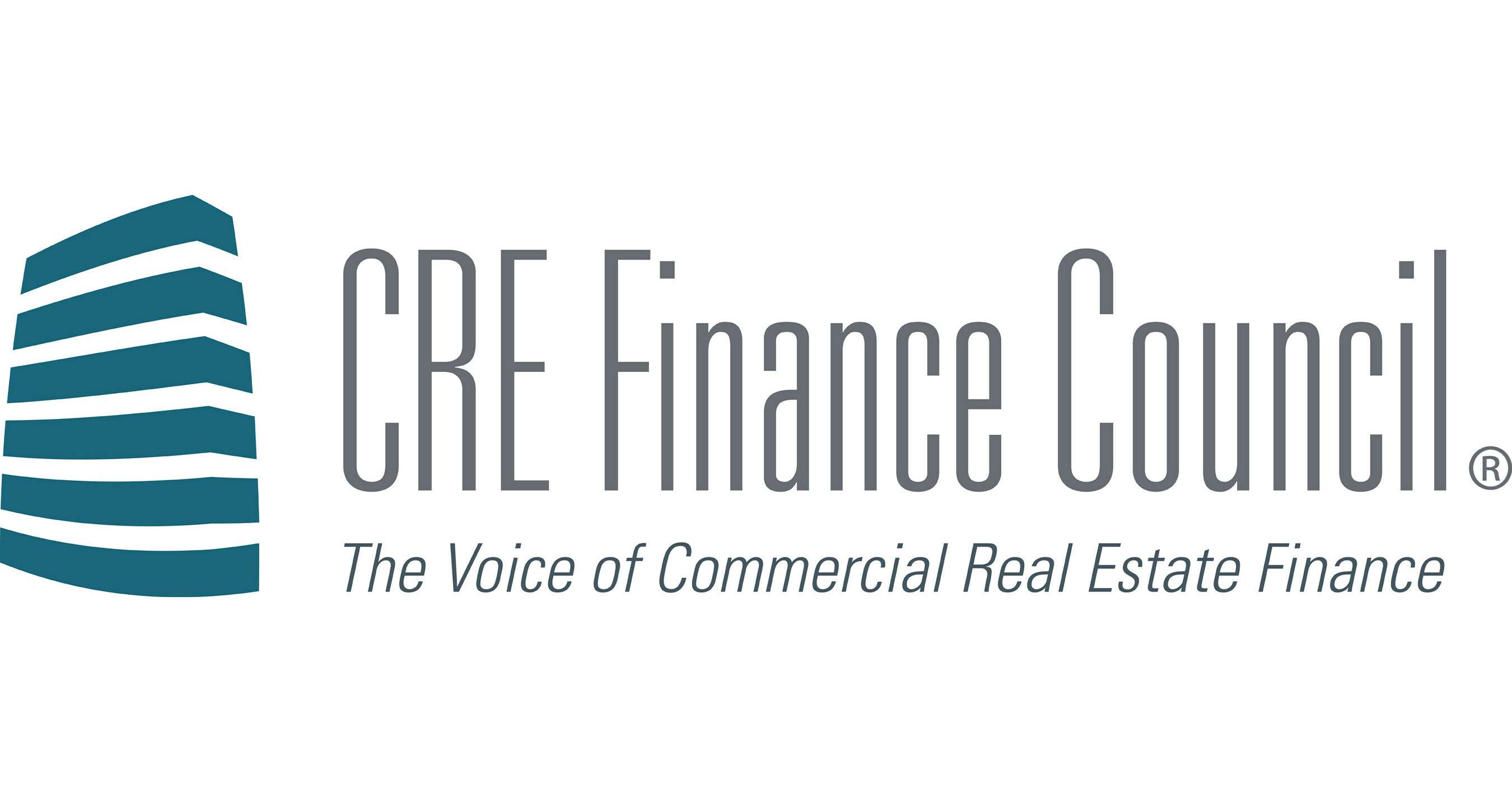W
hy is private markets investing particularly attractive? Private markets offer diversification, lower volatility, and exposure to market structures that positively impact the risk/return equation. They provide the ability to trade liquidity for higher returns at comparable risk levels, granting investors greater asset control and the opportunity to benefit from skill and illiquidity premiums.
Why is Unified Global Alternatives a strong partner for accessing private markets? UGA brings together the breadth of its capabilities in sourcing, monitoring, and managing investments. With over 50 investment professionals in 11 markets globally, the team is well-placed to continue yielding strong performance underpinned by an investment committee with combined experience of over 250 years.
What about domestic and global real estate investing – why have both in a portfolio? Real estate investors often have a home bias, but adding international real estate can benefit investors through diversification, market entry/exit timing opportunities, enhanced liquidity, and access to new sectors or risk profiles. UGA - Real Estate is well-placed to provide access to global real estate with over 250 lifetime investments globally spanning all major regions, sectors, and risk profiles.
What is the current state of the real estate market? The UBS Chief Investment Office maintains a positive view on real estate returns in 2025, with the sector being a key pick at the start of the year for clients. While acknowledging that the recovery will likely prove uneven, sectors benefiting from tight supply, high rental growth, and low capex are likely to rebound quicker than structurally challenged sectors.
Everyone’s talking about Tariffs – how will they impact UGA - real estate? Tariffs have sent financial markets on a roller coaster in 2025. Assuming tariffs exist for some period of time against some countries, there will be shifts to both capital values and tenant demand. Logistics facilities around transport nodes look most exposed, while industrial property and factories in the US may benefit from increased occupier demand as multinationals look to reshore manufacturing activities.
Where are you looking to deploy capital over the next 12 months? UGA - Real Estate is taking a highly selective approach to deployment, focusing on assets that are supported by long-term tailwinds capable of riding out short-term challenges. The team has recently committed to or is underwriting deals in manufactured housing, single-family rental funds, and data-center co-investments.
What is the view of UGA - Real Estate on niche real estate sectors? Investor appetite for niche real estate sectors has surged in recent years, driven by favorable megatrends in demographics, digitalization, and post-pandemic consumer behavior shifts. The team is actively enhancing its exposure to niche sectors, using differentiated investment formats to provide access to these themes.
What is the impact of increased geopolitical tensions on the real estate market? Geopolitical uncertainty has led to a reassessment of certain markets, with investors avoiding countries involved in or bordering countries exposed to military conflicts, trade disputes, sanctions, or political instability. However, this can create opportunities in markets that align with investor strategies focused on risk mitigation and adaptability.
Given the turbulent market, how should real estate investors consider sustainability? The link between climate change and real estate is stronger than many believe. Physical climate risk is a key consideration for real estate investors, while transition risk can be seen as slightly less tangible. UGA - Real Estate has taken a forward-looking view toward sustainability, incorporating ESG factors into its financial due-diligence and ongoing monitoring.















